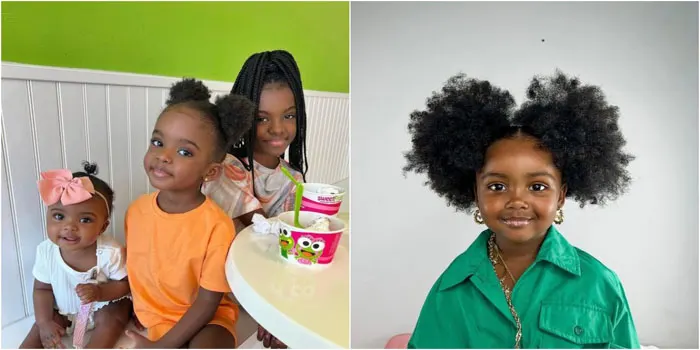Every child sets out on a journey that is entirely their own, and the pursuit of happiness is a part of this journey. It is crucial for us to understand that every child’s journey to happiness is unique and unique, as parents, teachers, and other carers. While it may be easy to steer kids in the direction of what we think would make them happy, letting kids explore their interests, hobbies, and the world in their own unique ways leads to the most profound and long-lasting satisfaction. This method not only helps kids become more self-reliant, but it also enables them to experience genuine, deep fulfilment.
Youngsters have an inbuilt curiosity and urge to explore. They start to exhibit preferences at a young age, whether it is for particular foods, games, or activities. These choices are the first signs of what makes them happy. These hobbies are important to notice and value because they can help us figure out what makes each child happy in their own special way. We should give them the freedom to find and follow their hobbies rather than directing them towards preset careers or pastimes. If properly fostered, these early interests—whether they be a love of painting, athletics, or animals—can develop into sources of happiness that last a lifetime.

Giving kids the flexibility to make their own decisions is essential to helping them discover their own happiness. We provide kids the power to take charge of their own happiness by giving them options in everything from what to dress to what book to read to how they want to spend their leisure time. This isn’t giving up all direction; rather, it’s about finding a middle ground between offering direction and granting autonomy. In their quest for pleasure, the self-assurance they acquire from taking charge of their own decisions and witnessing the results of those actions is priceless.
Encouraging youngsters to take on difficulties and learn from their mistakes is a crucial part of assisting them in discovering their own happiness. Children must learn that obstacles are a normal part of life and that happiness is not always attainable. Children learn resilience, which is essential for long-term happiness, when they are given the freedom to navigate challenges and are assisted in their attempts to overcome them. Children who are encouraged to adopt a growth mindset—in which they view barriers as chances for personal development—find satisfaction not only in accomplishing goals but also in the process of learning and growing as individuals.

Furthermore, rather than focussing on what children accomplish, it is crucial to create an atmosphere where they feel loved and accepted for who they are. Children may pursue their hobbies without fear of rejection or failure when they are given the foundation of unconditional love and support. Children are more willing to attempt new things and take chances when they feel safe in their connections with their carers because they know that their value is independent of their accomplishments. Because they feel secure, they can focus on pursuing their true happiness instead of trying to please others or live up to expectations from other sources.
Furthermore, it’s critical to understand that happiness is a relative concept. What makes one youngster happy might not have the same effect on another. While some people find satisfaction in social situations or physical activities, others may find happiness in quiet, solitary pursuits like reading or drawing. It is our responsibility as adults to give kids a range of experiences and chances so they can find what speaks to them. They develop a strong sense of self through this exploration, which is an essential component of their growth.

To sum up, allowing kids the opportunity to explore, make their own decisions, and value their uniqueness is essential to helping them discover their own happiness. Their individual path to happiness is moulded by their experiences, passions, and the help they get along the road. We can assist children in acquiring a profound and enduring feeling of enjoyment that will benefit them for the rest of their life by creating an atmosphere that is full of love, acceptance, and respect for their independence. In the end, children find the greatest route to happiness on their own, led by their interests and curiosity as well as the understanding that they are loved just the way they are.




